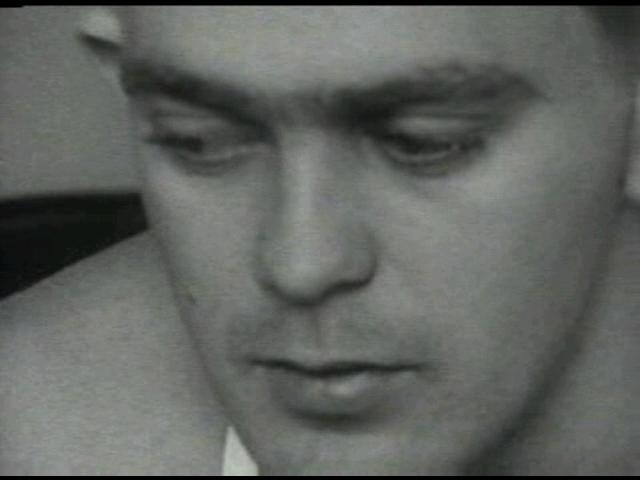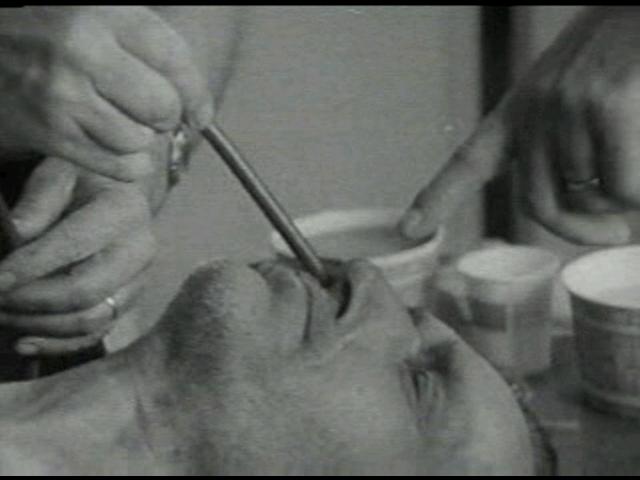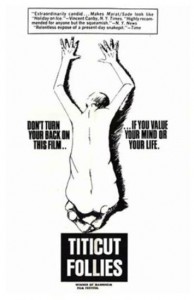|
Genres, Themes, Actors, and Directors:
- Documentaries
- Mental Illness
- Prisoners
Review:
Frederick Wiseman’s first documentary showcases his signature “cinema verite” style: hand-held cameras, extreme close-ups, fly-on-the-wall observations, lengthy shots, and judicious back-and-forth editing. As in his next film, High School (1968) , Wiseman takes a no-holds-barred approach to his sticky subject matter, never flinching from even the most uncomfortable interactions. In one particularly memorable scene, a starving man is force-fed through his nose; in another, a paranoid schizophrenic pleads to be sent back to a “regular” prison, but — stuck in a Kafka-esque nightmare — nothing he says to his jailers makes any difference. On a broader level, inmates in the film routinely walk around without any clothes on (there’s plenty of full frontal nudity), and are frequently patronized by both guards and doctors. It’s easy to see why the Commonwealth of Massachusetts was upset enough with the film to sue Wiseman and his cohorts; Massachusetts won, and the film was immediately removed from circulation.
Redeeming Qualities and Moments:
- A no-holds-barred look at daily life for criminally insane inmates

- Effective use of close-ups and hand-held camerawork

Must See?
Yes. This controversial documentary holds a unique place in history, and should be seen by all film fanatics.
Categories
- Controversial Film
- Historically Relevant
Links:
|



One thought on “Titicut Follies (1967)”
Not a must.
A first viewing a number of years ago left me rather cold. Now that I’ve seen it again, I don’t ultimately find it very effective – which has nothing to do with how I feel about the subject matter. For me, the problem here is the “fly-on-the-wall” approach. It seems wrong for what’s being investigated.
Although there is the matter of documenting the staff, how beneficial is it, really, to observe/listen to the mentally ill in this manner unless you’re a student of or employed in the field of work? What you risk by watching is going a little crazy yourself.
Particularly odd are the ‘musical sequences’: the, what, glee club (?) that opens and closes the film; the duo singing ‘Have You Ever Been Lonely?’ during a birthday celebration (!); the ‘entertainer’ guard (who eerily started to remind me of Joel Grey in ‘Cabaret’).